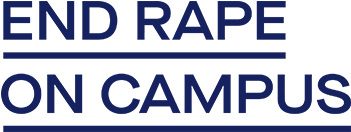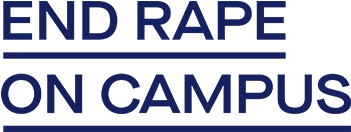Facts about LGBQ Experiences in US
- The National Coalition of Anti-Violence Projects (NCAVP) estimates that one in ten LGBTQ survivors of intimate partner violence have experienced sexual assault.
- One study found that 73% of LGBTQ college students experience sexual harassment or abuse and more than 6% of LGBTQ college students change their school or major as a result.
- Bisexual women (61%) reported higher levels of rape, physical and/or sexual abuse, and stalking by an intimate partner than both lesbian (43.8%) and heterosexual women (35%).
- A compilation of reports found that women account for about 2 to 6% of perpetrators.
- Studies show similar rates of intimate partner violence in heterosexual relationships as LGBTQ couples.
- One study found that nearly half (46%) of bisexual women are raped in their lifetime
- 40% of gay men and 47% of bisexual men experience sexual assault in their lifetimes
- One out of three lesbians has been sexually assaulted by another woman
LGBQ People of Color
- One study found that most LGBT students of color reported feeling unsafe at school, with the majority of Native American students at 74%.
- 48% of LGBT students of color reported being verbally harassed in school, while 15% reported being physically assaulted.
- The National Coalition of Anti-Violence Programs of LGBT survivors of violence found that 48% of those who had contact with police reported experiencing misconduct including excessive force, unjustified arrest, or entrapment.
- LGBQ students of color who have been abused are three times more likely to miss school.
- One national study found a sexual abuse to prison pipeline with girls of color, disproportionately filtering Black and Latinx LGBT/GNC girls into the juvenile justice system.
- According to one study, LGBTQ youth under the age of 30 are 1.6 times more likely to experience physical violence than the general population
LGBQ Youth and Poverty
- LGBTQ people face higher rates of poverty and marginalization, which puts them at greater risk for sexual assault
- Many reports have found that there is an employment gap with LGBTQ people — which could ultimately lead to poverty and homelessness if they cannot access the means to provide for themselves.
- For some LGBQ individuals, such as queer women, the impact of employment discrimination and the gender wage gap affects income and disproportionately pushes them into poverty.
- Sexual assault is a precursor to and consequence of homelessness — which significantly impacts the lives of LGBTQ youth, particularly those who become homeless after coming out.
Sexual violence against women by women
- A study conducted by the California Coalition Against Sexual Assault found that 1 in 3 lesbians has been sexually assaulted by another woman.
- 1 in 4 had experienced sexual violence within a lesbian relationship.
- Sexual abuse by a woman has been reported by up to 50% of lesbians
- A compilation of studies found about 17 to 45% of lesbians report having been the victim of at least one act of physical violence by a lesbian partner.
- Several studies found a range from 5% to 57% of participants who have experienced an attempted or completed sexual assault or rape by another woman.
- Most studies find a mean rate of over 30%.

